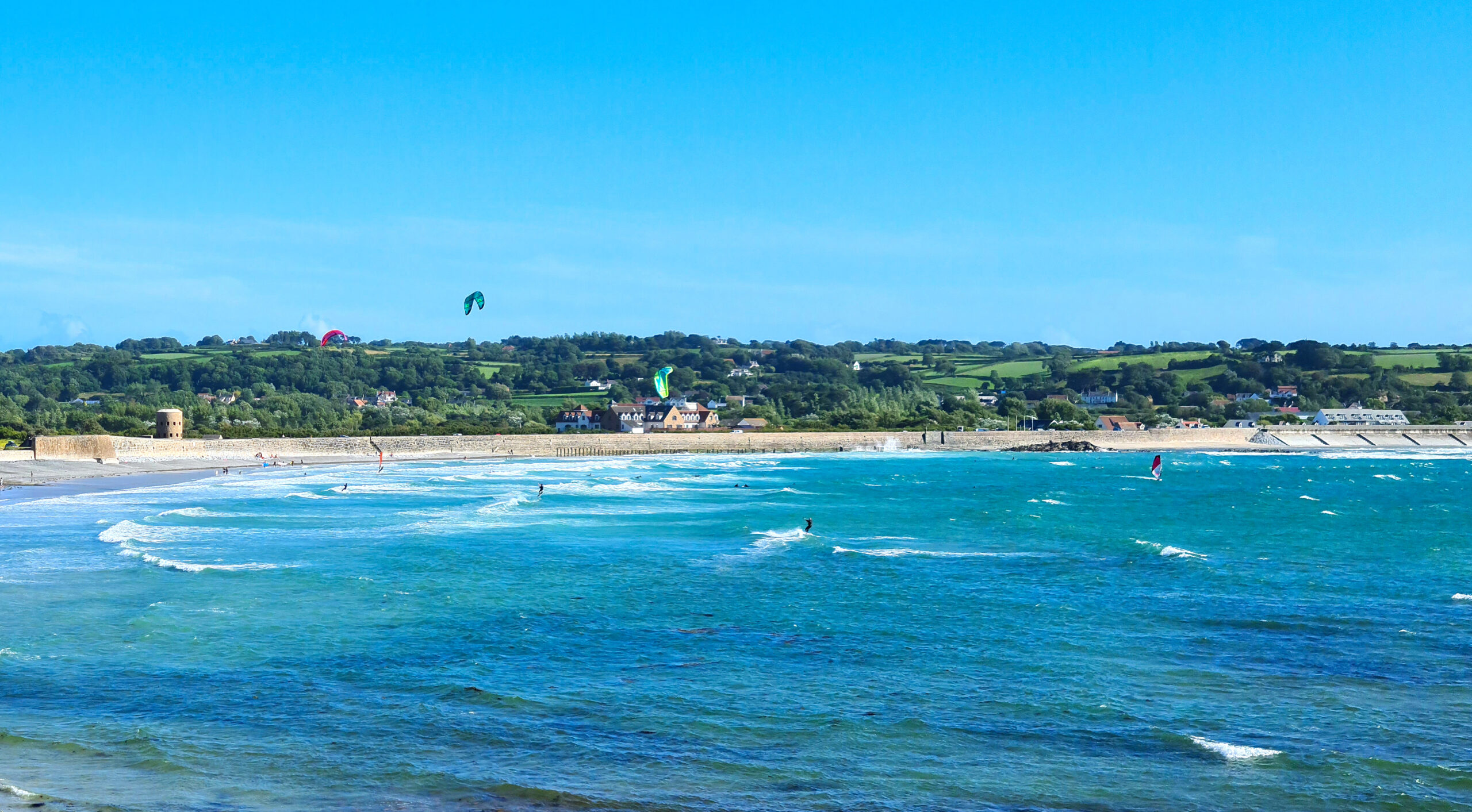
Focus Groups
What is a focus group?
A focus group brings together a small group of people to participate in a discussion about the research topics. It aims to obtain qualitative insights, to better understand the range of opinions members may hold. As a qualitative methodology, focus groups are aiming for depth and quality rather than quantity.
Focus groups work well when conducted in-person, but they can also be conducted online using a platform, such as Microsoft Teams or Zoom if the situation necessitates. We have experience in how to adapt sessions to the chosen medium.
How do you collect research data?
Typically 6-8 people participate in an in-person focus group, and they are usually around 60-120 minutes long. We can recruit residents via our panel, social media and/or in a quantitative survey as required. We could also work with the client to identify participants e.g. using a customer list.
The session is led by a trained moderator, and uses the group dynamic to stimulate discussion and elicit views. A moderator encourages quieter participants to speak, and more opinionated participants to consider and discuss the views of others. We actively encourage discussion amongst participants (rather than always being participant to moderator), aiming for a free-flowing conversation. The moderator has a role in steering the conversation, keeping it on topic.
The discussion is structured around a series of group activities to encourage people to engage with the topic and open up. The activities incorporate ‘projective’ and ‘enabling’ techniques, which are designed to help people surface and discuss things that lie beyond their immediate conscious awareness, yet still influence their behaviour and opinions. Sorting exercises are useful, for example, not just in terms of the results of the sorting, but also for identifying views, attitudes and behaviours that come out during the discussion between participants while they undertake the exercise. More creative exercises, such as drawing, can help participants to express hard to articulate or sub-conscious thoughts and feelings.
Each focus group is audio-recorded or video-recorded. Alongside the moderator, 1-2 research analysts attend to observe and make notes about verbal and non-verbal behaviour. Best practice is to have a minimum of 2 focus groups.
What would be the output?
We analyse the content of each focus group, looking for key themes and learnings and write this up into a summary report alongside illustrative quotes from participants. It is also possible to receive a recording of the session (with participant consent). Depending on the topic, and whether observation may impact participant openness, we can facilitate Clients viewing the sessions live online.
For mixed method research projects we usually bring together the learnings from the focus groups with the findings from other research methods to produce a topic report with overarching conclusions.
What are the benefits?
The technique uses group dynamics to gain rich, in-depth insights and probe beneath the surface. Provide a safe, focused space for thought and discussion.
Group dynamic: The interaction between participants encourages discussion and allows them to bounce ideas off each other, unlocking insights that may have otherwise remained undiscovered.
In-depth insights: An opportunity for moderators to probe and gain a more in-depth understanding of behaviour and attitudes.
Below the surface: Focus groups are perfect for using techniques that aim to elicit views and attitudes that sub-consciously drive behaviour.
Safe Space: Effectively tackle topics that participants may not have given much thought to before, or that are complex and require participants’ full focus away from day-to-day life.
Low-tech: Either conducted in-person or using a basic video calling program, focus groups ensure those who are less confident with technology can still contribute.
It’s an event: As one-off events, focus groups can appeal to a wide variety of people. They aim to be enjoyable for participants.
Observation: Behaviour and non-verbal cues can provide additional insights, particularly when conducted face-to-face.
